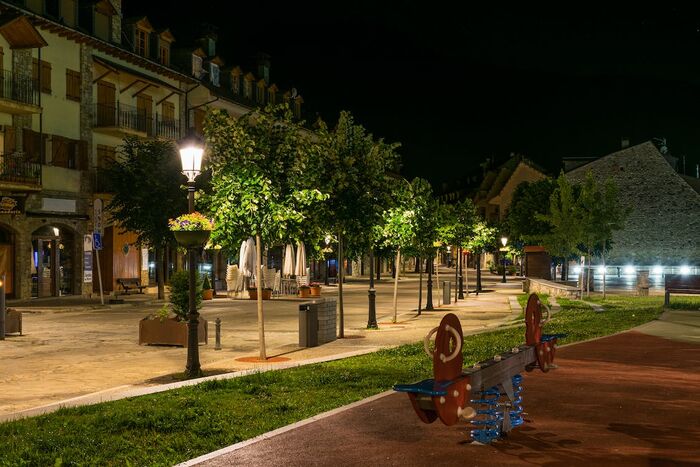The Catalan Parliament has approved a new regulation on tourist flats, with significant changes to the government's initial proposal. The cap of 10 tourist flats per 100 inhabitants in municipalities with a high demand for housing has been removed. This change allows municipalities to decide whether they want to set this limit. Instead, a prior licence will be required in 140 municipalities with housing access problems. These municipalities have to develop urban planning that will be reviewed by the Generalitat, ensuring that tourist licences do not affect access to housing. The licences will be valid for 5 years, which can be automatically extended if the planning allows it.
The agreement between the PSC and ERC for this regulation implies the processing of the decree law as a bill, with final approval expected for the plenary session in March 2024. This measure seeks to unify the regulations on tourist flats throughout Catalonia, since until now, 85 city councils had adopted different approaches.
The government's initial proposal aimed to eliminate 28,000 tourist flats, but with the new regulation, a more balanced management adapted to local needs is expected.
The mayor of Roses, Josep Maria Martínez Chinchilla, opposes the decree law on tourist flats, arguing that closing 3,000 of the 5,200 tourist flats in the municipality would seriously affect the local economy, since the town lives mainly from tourism in summer.
On the other hand, the mayor of Vielha, Juan Antonio Serrano Iglesias, supports the limitation of tourist flats. He points out that in the Val d'Aran, the proliferation of these flats has increased rental prices and restricted access to housing for many people, including professionals such as doctors and teachers who cannot find accommodation.
Translated with DeepL.com (free version)
